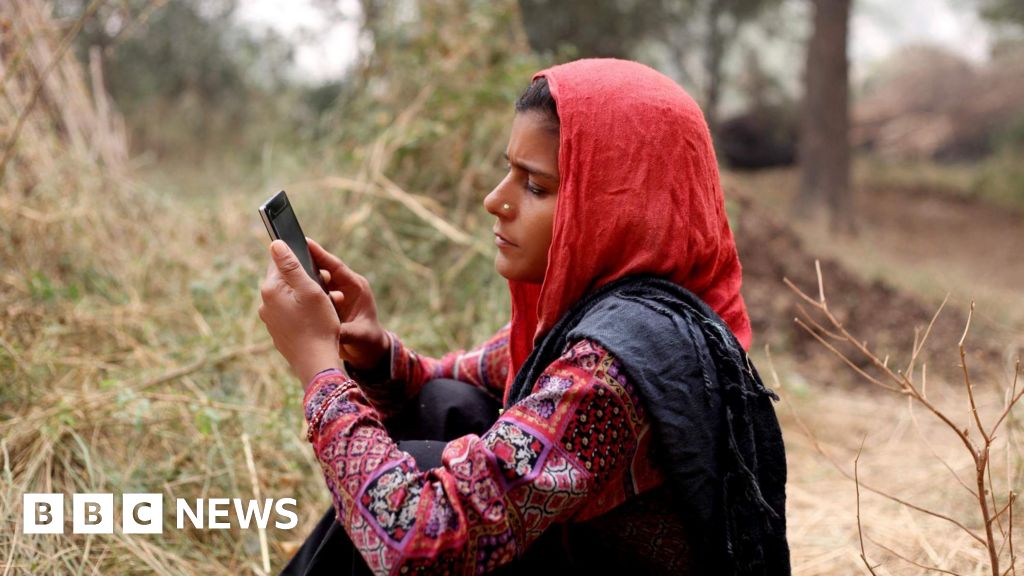- Low female labor force participation in Egypt despite recent improvements.
- Higher education for women in Egypt more significant in marriage prospects than in career opportunities.
- Women in Egypt disproportionately represented in low-wage or informal employment.
Place your adverts here on InfoDig @ low rates; banner ads, sponsored links and guest articles etc. Contact us
Despite recent improvements, female labor force participation in Egypt remains persistently low. Also, the benefits of higher education for women in Egypt seem to be more significant in marriage prospects than in career opportunities.
While many countries have seen an increase in the number of women entering the workforce, Egypt lags behind, posing substantial hurdles to economic growth and gender equality.
It is important to note, however, that this problem is not specific to Egypt. Female labor force participation rates are lower than hoped for in several South Asian and MENA states.
According to The Middle Income Trap report by the World Bank, women seem to be joining the workforce in Egypt, India, and Turkey at rates far lower than those expected given their individual income levels.
On the other hand, the higher rates of female involvement in nations like Malaysia and Indonesia suggest that cultural and societal norms may have a greater influence on female labor engagement than economic position alone.
The report further highlights that even when women are employed in the Northern African country, they are disproportionately represented in low-wage or informal employment, sometimes operating as self-employed individuals with variable incomes.
They are far less likely than men to take professional, management, or technical roles, which provide greater stability and better pay.
Marriage prospects in education
Interestingly, in Egypt, the rewards to higher education appear to be stronger in marriage markets than in work markets.
A woman's educational achievement frequently improves her chances of marriage, but the same degree of education does not result in greater career possibilities at the same rate as it does for males.
"Some middle-income countries educate relatively more females in STEM fields than high income countries, and yet they employ relatively fewer.
Why would women pursue STEM fields but not work in them? Recent evidence suggests a possible driver: higher returns to a STEM education in the marriage market," the report reads.
"In Pakistan, female physicians are considered 'trophy brides' in the marriage market. More than 70 percent of graduates of medical school are women in Pakistan, and yet only 23 percent of them practice their profession after they graduate.
Similarly, in Egypt returns to higher education—not just in STEM fields—are much higher in marriage markets than in labor markets,” it adds.
One noteworthy feature of Egypt's labor market is the disparity between women's educational and job performance.
Despite an increase in the number of women pursuing higher education, particularly degrees in STEM (Science, Technology, Engineering, and Mathematics), many are not finding suitable employment prospects.
This is indicative of a severe talent misallocation, in which highly educated women are either underemployed or forced into industries that do not match their abilities.





)



)




 English (US) ·
English (US) ·